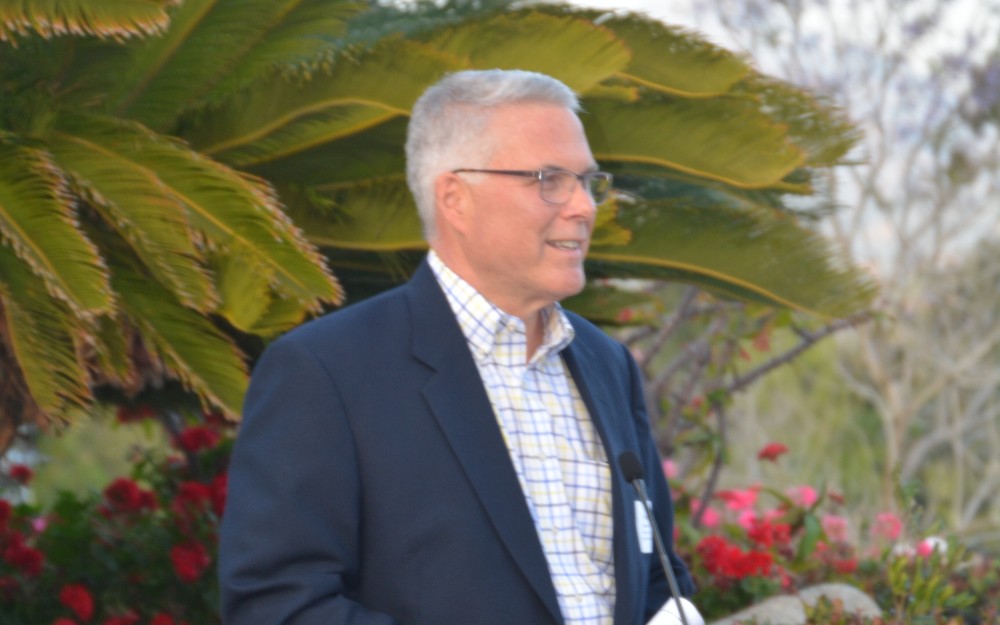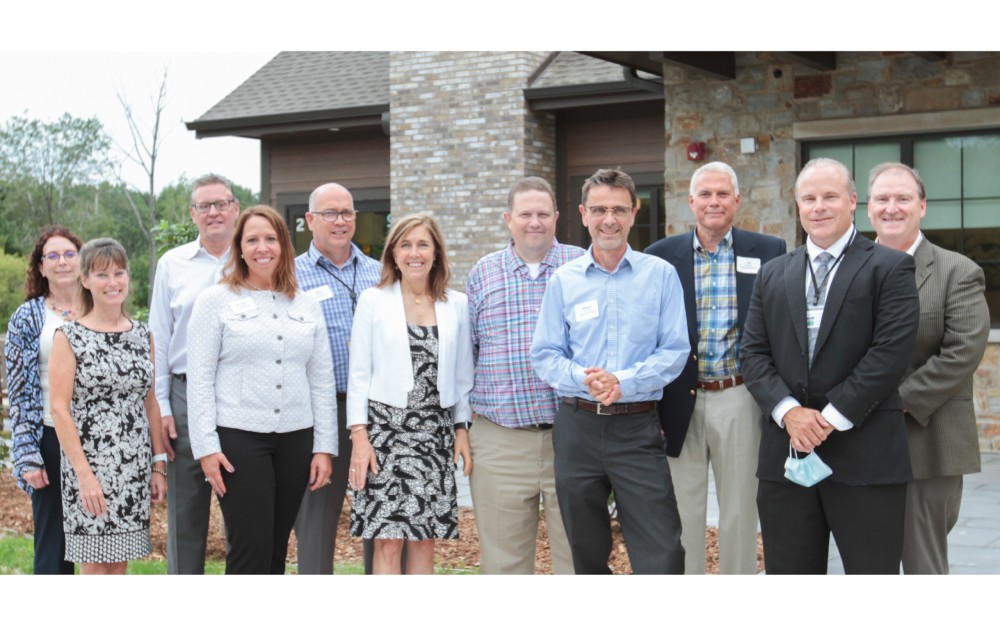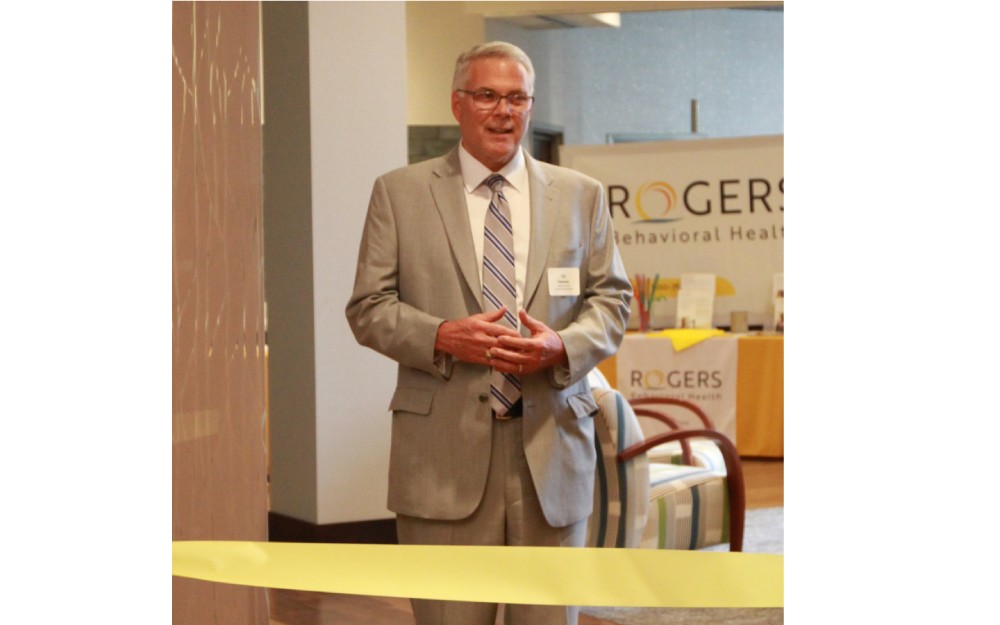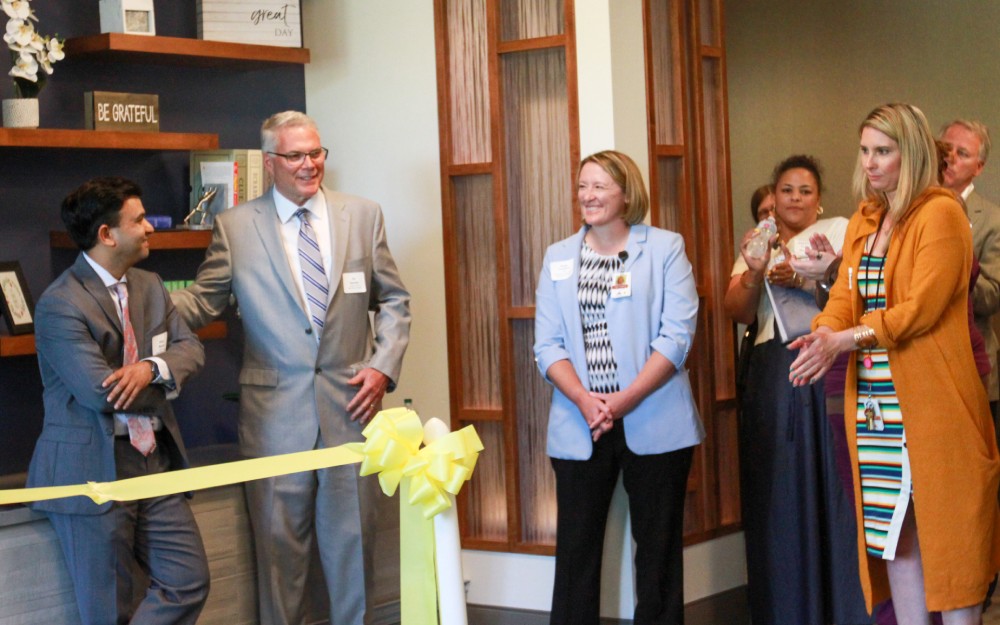
Pat Hammer reflects on decade of service ahead of May 3 retirement
04/14/23 05:00:pm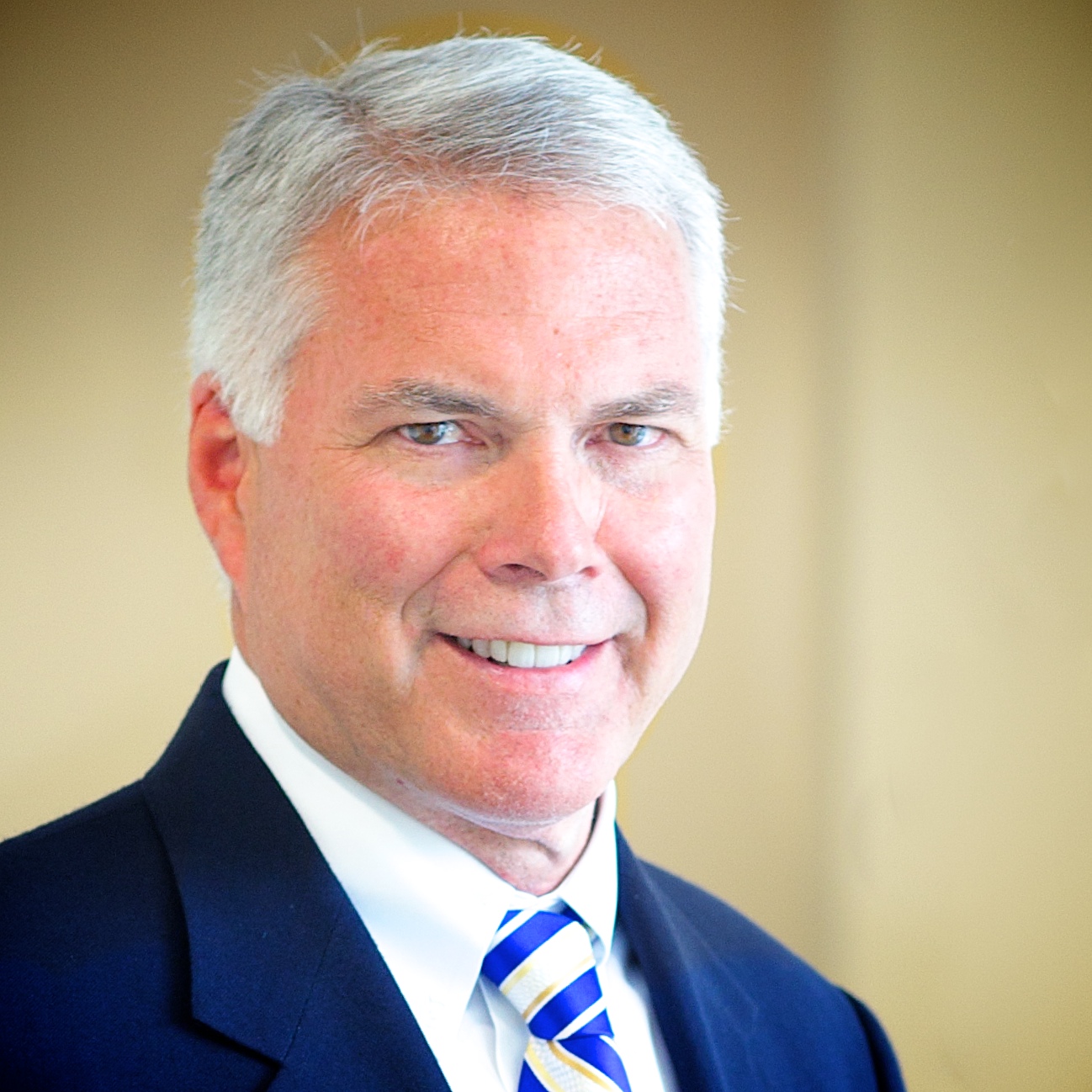
Pat started his 40-year career in the behavioral health field as a social worker and went on to spend 30 years in CEO roles in the psychiatric and addiction treatment industry.
He served as president and CEO at Rogers from 2012-2022, during which time he guided the strategic direction of the Rogers organization and leadership team as the southeast Wisconsin-based organization grew to become a leading national provider with services in 21 communities across 10 states.
Throughout his tenure, Pat always focused on patients and giving back. That passion led to the establishment of the Pat Hammer Charitable Giving Fund, which will help provide patients financial assistance to thousands of patients and families for many years to come.
Since last October when John Boyd, PsyD, succeeded Pat as president and CEO, Pat has served in an ex-officio role, continuing to focus on strategic planning and growth and development with John.
Ahead of his retirement on May 3, Pat looks back at his time at Rogers and what he hopes for the future.
What will you remember most about your time at Rogers?
“I will remember the amazing 116-year-old history of Rogers and all those who came before me to help build one of the largest private, non-profit behavioral health systems in the U.S. I will also remember being surrounded by Rogers team members who are deeply committed to helping people recover from mental illness and addiction.”
Professionally, what are your proudest accomplishments at Rogers?
“I am really proud of the development of the Charitable Giving Fund that was created to help patients and families in need of financial support gain access to mental health and addiction treatment. I am also really proud of the growth and development of Rogers Research Center and the Rogers Foundation. I am also proud of the growth of our inpatient, residential, and partial hospitalization (PHP) and intensive outpatient (IOP) services throughout the state of Wisconsin and the development of a national network of outpatient clinics.”
Personally, what moments were the most meaningful to you?
“The most meaningful moments occurred when I was directly involved with helping solve problems that would ultimately help our patients gain access to treatment. I will never forget the feeling of knowing that you have played a role in helping a person experiencing a mental health crisis. On difficult days as CEO, I would often read thank you letters from previous patients and families who were grateful to the entire Rogers team for saving their lives.”
What will you miss most about Rogers?
“I will miss being the ‘head coach’ at Rogers and being part of a team that defines winning as helping people recover from mental illness and addiction. I will also miss the sense of teamwork and accomplishment with the growth and development of Rogers. Most importantly, I will miss the camaraderie and laughter we shared with one another.”
What are your retirement plans?
“My wife and I plan to continue to reside in Oconomowoc with intent to travel to visit our parents, children, and grandchildren. I plan to stay focused on my physical, mental, and spiritual health and hopefully reach new levels of health and well-being. My wife and I are working on a bucket list of retirement goals and keeping all our options open. Overall, we just feel so blessed and optimistic about what the future holds that we are going to enjoy living our lives one day at a time.”
How will you stay connected with Rogers?
“I owe a deep amount of gratitude to the entire Rogers organization, and I plan to stay connected by helping my successor, John Boyd, and the Board of Directors in any way possible to help take Rogers to the next level of success.”
What do you hope for Rogers’ future?
“I hope that Rogers builds upon our successful history of providing behavioral health services based upon evidenced-based protocols. I also hope that Rogers will stay committed to hiring and retaining the very best behavioral health staff in the industry. Last, but not least, I hope that the Rogers team can be a ‘bright light’ in the behavioral healthcare field by proving that mental health and addiction treatment works.”
What do you hope for the future of mental health and addiction care?
“I hope that the future of the behavioral health industry focuses on increasing access to care by resolving the top three barriers:
- Reducing the stigma associated with seeking mental health and addiction care
- Making behavioral healthcare more affordable
- Increasing the number of providers who utilize evidenced-based protocols”
We thank Pat for his decade of service to Rogers and all he accomplished to fulfill our Mission of helping people to reach their full potential for health and well-being. He will be remembered as an approachable leader and a dedicated visionary with a great sense of humor who always did what was right for patients and the organization.
Read more about his legacy from some of his closest colleagues.
“Pat has made immense contributions to Rogers over the last decade as we became a premier national provider of specialized mental health and addiction services. I thank him for his strong leadership and support and wish him all the best in his retirement.” ~ John Boyd, PsyD, president and CEO
“Pat was a great supporter of the Foundation and its Mission. The establishment of the Charitable Giving Fund, now called the Pat Hammer Charitable Giving Fund, for patient care grants will assist countless patients and their families to get treatment for decades to come. His leadership style was humble, serving, and trusting. The opposite of a micromanager. It was a pleasure working with him on donation-funded projects like the San Francisco East Bay clinic, the Ladish Center, Sheboygan clinic, and so much more.” ~ Matthias Schueth, executive vice president, Rogers Behavioral Health Foundation
“My interview with Pat was supposed to be 20 minutes, and we talked for two-and-a-half hours. He was very forthcoming; in that first meeting, he told me about all of Rogers’ challenges, which I thought was very disarming. It felt alluring to me that someone would be that truthful. As a leader, Pat has a great sense of humor and is very approachable. His door was always open. I wish him all the best and thank him for all he did for Rogers. He never lost sight of the Mission.” ~ Jack Collier, VP, development
“I will always be grateful for Pat’s support, leadership, and mentoring. Not only was he always focused on our Mission, he also impressed me with his ability to make good decisions based on data, facts, and intuition. I also appreciate his kindness and humility. I am so happy for Pat to enjoy more time with family after such a meaningful and successful career.” ~ Anne Ballentine, vice president, Marketing and Communications
“Pat defines the term ‘leader’ – remaining calm under pressure, making good decisions, and finding a way to reach people and energize, motivate, and inspire them to be the best they could be. He had a vision for what Rogers could be and built a plan of action to implement it. He dramatically increased access to care by bringing Rogers to new communities and building the endowment fund. That’s a legacy. I am so grateful to Pat both personally and professionally for all the support, guidance, and help he gave me throughout the years and wish him a long and healthy retirement.” ~ Brad Riemann, PhD, president of philanthropy, research, and clinical care



